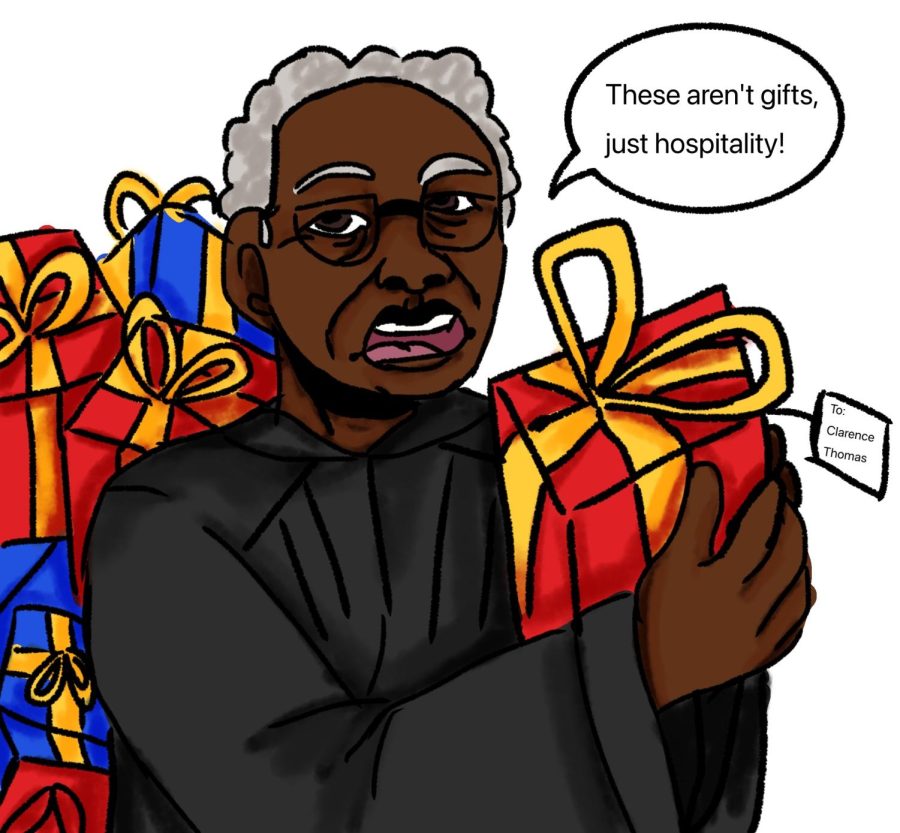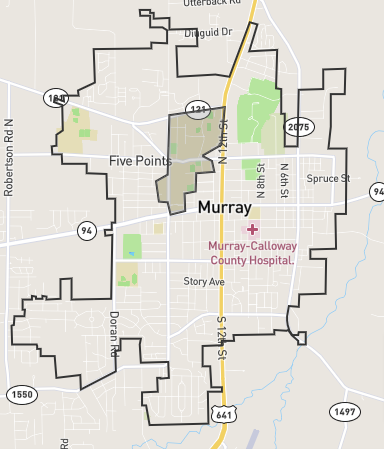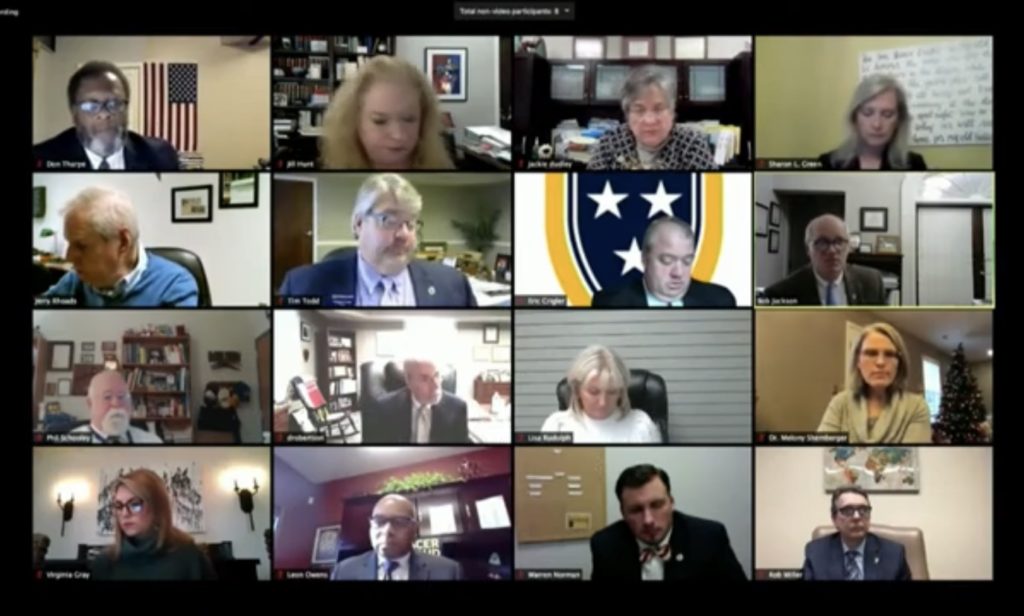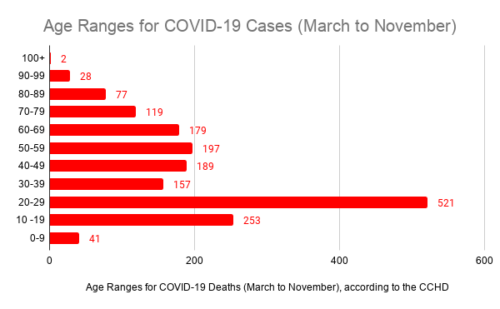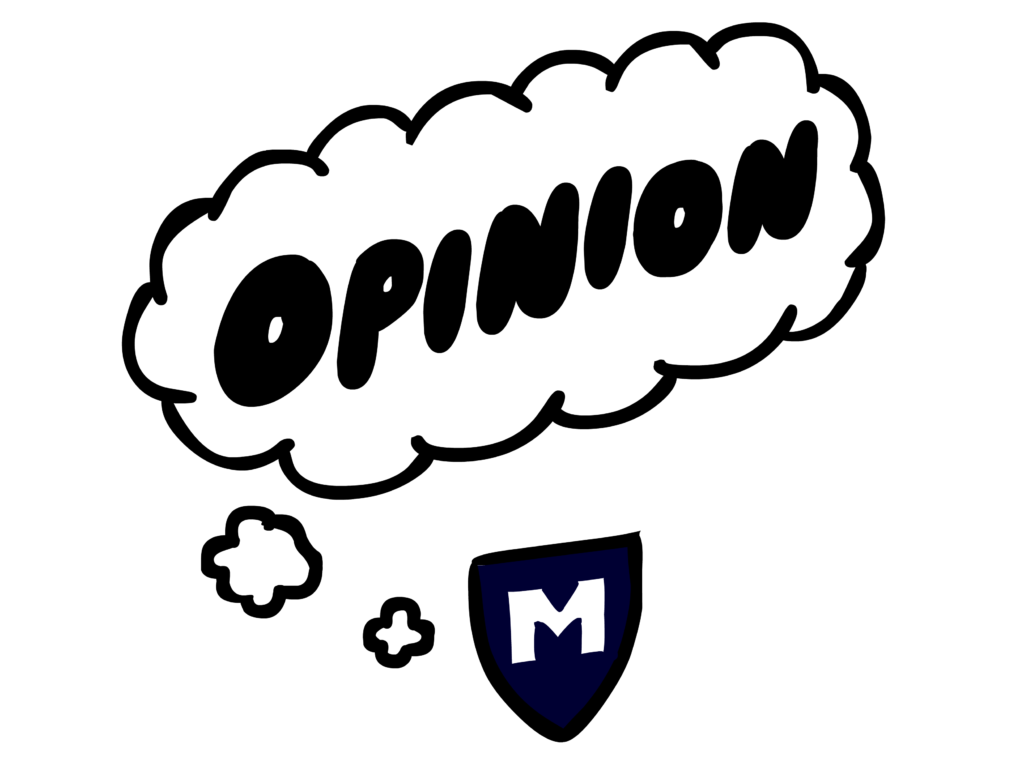The staff editorial is the majority opinion of The Murray State News Editorial Board.
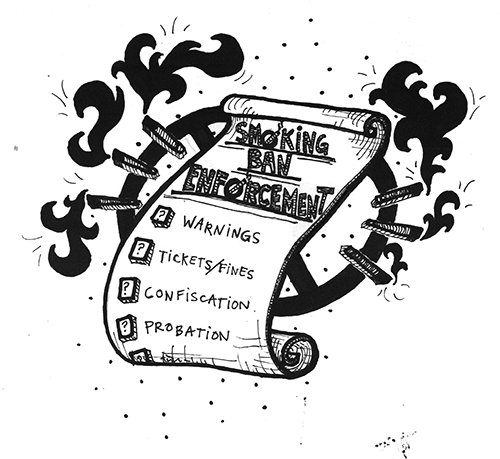
With the majority of Kentucky colleges converting to smoke-free campuses, it is likely that Murray State will follow suit.
The reformed tobacco policies were in light of Gov. Steve Beshear’s executive order that bans smoking on government property, signed Sept. 4. Fourteen state colleges, including University of Kentucky and University of Louisville, adopted a smoke-free campus policy.
Regardless of personal preference, there are many things to question when considering a potential ban of tobacco products.
As a city and campus that embraces tobacco products, grows tobacco plants for agriculture programs and is the largest tobacco producer in the state, this would be a large shift in culture.
Murray State has received much funding from big tobacco companies since opening its doors in 1922. The Murray State Alumni Association lists tobacco company Altria Group, Inc. as one of its largest donors.
Altria, formerly known as Phillip Morris, controls popular tobacco brands such as Marlboro, Skoal and Black and Mild. Could we be alienating a source of money that we can’t afford to turn away?
Another question raised is how the University will enforce the ban. What would be the punishment for those caught smoking on campus? Some schools issue citations while other schools just tell smokers to move somewhere else. Would the job of enforcing the smoking ban be taken on by Public Safety and Emergency Management workers like Racer Patrol?
The enforcement is something that needs to be looked at realistically. It may be difficult to enforce a ban at a large tailgating event or campus demonstration, and casual smoking means more than the traditional cigarette. Many students are transitioning to e-cigarettes to get nicotine without the actual tobacco.
The consensus on e-cigarettes is that they’re non-invasive because they don’t produce actual smoke, but their effects are still in question. Would the smoking ban include e-cigarettes and other alternatives?
According to the executive order, sidewalks, parking lots, state vehicles and lawns must be smoke free. The order leaves us wondering if the University will sanction zones where smokers can congregate or if the ban will leave them guessing where they can and can’t go.
Kentucky is one of the largest tobacco-using states, and the ban will affect 33,000 state workers statewide. To leave so many people wondering what their new set of rules is will bring issues.
The Smoke Free Committee is sending surveys to students, which will hopefully influence its list of recommendations to be sent to the President’s Office Nov. 17.
Students will not know the final recommendations until they reach the Board of Regents on Dec. 5.
As students who will be affected by the potential ban, we hope to be kept updated about the progress of recommendations by the Smoke Free Committee.





























































































